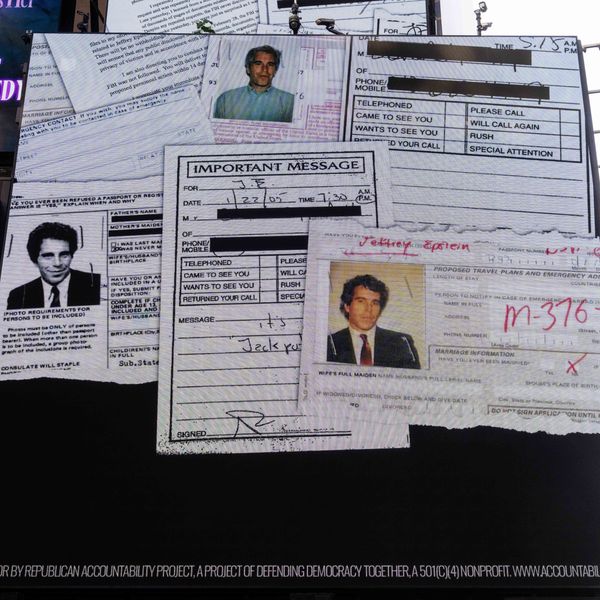At this point, I didn't believe it was possible, but the Obama administration has just reached an all-new low in its abysmal civil liberties record. In response to the lawsuit filed by Anwar Awlaki's father asking a court to enjoin the President from assassinating his son, a U.S. citizen, without any due process, the administration late last night, according to The Washington Post, filed a brief asking the court to dismiss the lawsuit without hearing the merits of the claims. That's not surprising: both the Bush and Obama administrations have repeatedly insisted that their secret conduct is legal but nonetheless urge courts not to even rule on its legality. But what's most notable here is that one of the arguments the Obama DOJ raises to demand dismissal of this lawsuit is "state secrets": in other words, not only does the President have the right to sentence Americans to death with no due process or charges of any kind, but his decisions as to who will be killed and why he wants them dead are "state secrets," and thus no court may adjudicate their legality.
A very intense case of food poisoning in New York on Thursday, combined with my traveling home all night last night, prevents me from writing much about this until tomorrow (and it's what rendered the blog uncharacteristically silent for the last two days). But I would hope that nobody needs me or anyone else to explain why this assertion of power is so pernicious -- at least as pernicious as any power asserted during the Bush/Cheney years. If the President has the power to order American citizens killed with no due process, and to do so in such complete secrecy that no courts can even review his decisions, then what doesn't he have the power to do? Just for the moment, I'll note that The New York Times' Charlie Savage, two weeks ago,wrote about the possibility that Obama might raise this argument, and quoted the far-right, Bush-supporting, executive-power-revering lawyer David Rivkin as follows:
The government's increasing use of the state secrets doctrine to shield its actions from judicial review has been contentious. Some officials have argued that invoking it in the Awlaki matter, about which so much is already public, would risk a backlash. David Rivkin, a lawyer in the White House of President George H. W. Bush, echoed that concern.
"I'm a huge fan of executive power, but if someone came up to you and said the government wants to target you and you can't even talk about it in court to try to stop it, that's too harsh even for me," he said.
Read the rest of the article at Salon...


